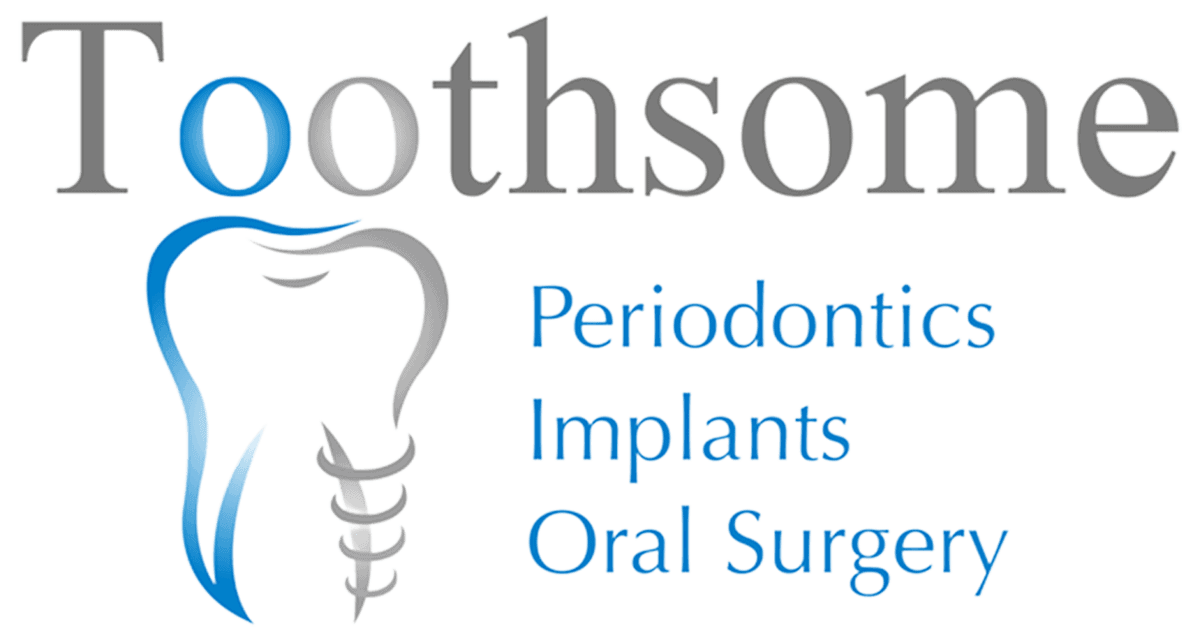
Not all wisdom teeth emerge through the gum line. Unfortunately, they are a source of extreme discomfort for many people, particularly if they do not develop at the correct angle, leading to impaction. Impacted wisdom teeth can also affect your tooth alignment and sinus health. They are also challenging to clean and prone to infections.
Due to all of these factors, wisdom tooth removal is often the best course of action for troublesome third molars. These extractions are typically straightforward, but proper aftercare, starting with what to eat after your wisdom teeth are removed, is essential for a fast recovery.
What to Eat After Wisdom Teeth Are Removed
After a wisdom tooth removal, patients usually go home with a small piece of gauze pressed against the extraction site to stop bleeding and encourage the blood to clot, beginning the healing process. The patient may also experience a swollen mouth and cheeks, pain, and a stiff, sore jaw.
This mild discomfort can make eating challenging and means that your regular diet is unsuitable for the first seven days after your wisdom tooth removal. When deciding what to eat after wisdom tooth extractions, you should consider the texture, temperature, and nutritional value of your food.
- Foods
Opting for soft to medium diet for the first week after the procedure can help you avoid the discomfort of chewing with a sore, swollen mouth. Soft to medium foods are also less likely to get trapped in the wound, which can irritate the gums and impede healing.
- Nutritious Foods
When recovering from any medical procedure, including wisdom tooth removal, it is crucial to fuel your body with nutritious, vitamin-filled foods and lots of water. You may find that eating is rather uncomfortable for the first few days, even with soft softs, so you might wish to keep eating to a minimum. In this case, you should opt for foods that give you lots of energy and fill you up, such as those high in protein.
Examples of Foods
These foods are all excellent examples of what to eat after wisdom teeth are removed because they are soft, nutritious, and don’t have to be eaten hot:
- Avocados
- Yoghurt
- Smoothies
- Soups, particularly cold soups such as gazpacho
- Mashed potato and other vegetables
- Beans
- Scrambled eggs
- Porridge
- Soft roasted vegetables
- Soft fish
- Hummus
- Mashed banana
- Jelly
What Not to Eat After Wisdom Tooth Removal
 When planning your post-wisdom tooth extraction diet, you should give as much consideration to the foods you avoid as the ones you seek out.
When planning your post-wisdom tooth extraction diet, you should give as much consideration to the foods you avoid as the ones you seek out.
Foods to stop eating while you recover from your wisdom tooth removal include:
- Hot Foods and Drinks
Eating or drinking hot substances can hinder blood clotting at the extraction point, making it impossible to heal. Besides, your mouth is often numb for a significant time after a wisdom tooth removal procedure, and it is easy to burn your mouth while consuming hot food or drink without realising it. Stick to cool, room temperature, or warm foods.
- Crunchy Foods
Not only are crunchy and crumbly foods, such as toast, biscuits, and crackers, difficult to chew with a sore, swollen mouth, the crumbs can easily get trapped in the wisdom tooth extraction zone and disrupt healing. Seeds, nuts, and dry grains and cereals must also be avoided.
- Spicy and Acidic Foods
These foods can irritate the tissue and cause discomfort and should not be eaten for at least a week after wisdom tooth removal.
- Chewy Foods
Because chewing may be painful for a week or so following wisdom tooth removal, it is not a good idea to eat chewy foods, especially chewing gum or sweets. While your mouth is swollen, particularly before the anesthetic has fully worn off, consuming chewy foods increases your risk of biting your cheek, lips, or tongue.
- Alcohol
Avoid drinking alcohol while recovering from a wisdom tooth extraction. Alcohol can irritate the extraction area and interact with medication such as pain killers. If you are taking any medication, prescribed or over the counter, always consult your doctor or check the packaging before drinking alcohol.
Avoiding Dry Socket After Wisdom Tooth Removal
After wisdom tooth removal, a blood clot forms at the extraction site. If it fails to develop or is dislodged dry socket, or alveolar osteitis, occurs, leaving the nerves and bone exposed. This is an extremely discomforting condition that your dentist must treat rather than over-the-counter medication. Avoiding food and drink that can affect blood clotting is vital to prevent dry socket. Other factors that can lead to dry socket after wisdom tooth removal include:
- Rinsing, spitting, and drinking through straws.
- Smoking and tobacco use, both because the chemicals in tobacco slow clotting and contaminate the wound. Using cigarettes (including e-cigarettes) can also dislodge a clot due to negative pressure caused by the sucking motion.
- Poor oral hygiene.
- Tooth and gum infections.
- Oral contraceptives as high levels of estrogen can affect normal healing processes.
- You are more likely to develop a dry socket if you have had it before.
Trusted Wisdom Tooth Extractions
Knowing how to look after yourself after your wisdom tooth removal is incredibly important. That’s why at Toothsome, we take our time to get to know our patients and ensure they understand the procedures and what they need to do before, during, and after any dental treatment they receive.
If you are concerned about your wisdom teeth, call us on (02) 8203 8786 to book an initial consultation.
Note: Any surgical or invasive procedure carries risks. Before proceeding, you should seek a second opinion from an appropriately qualified health practitioner.


